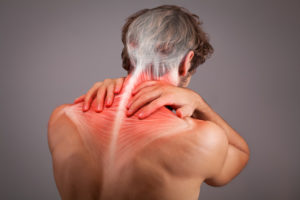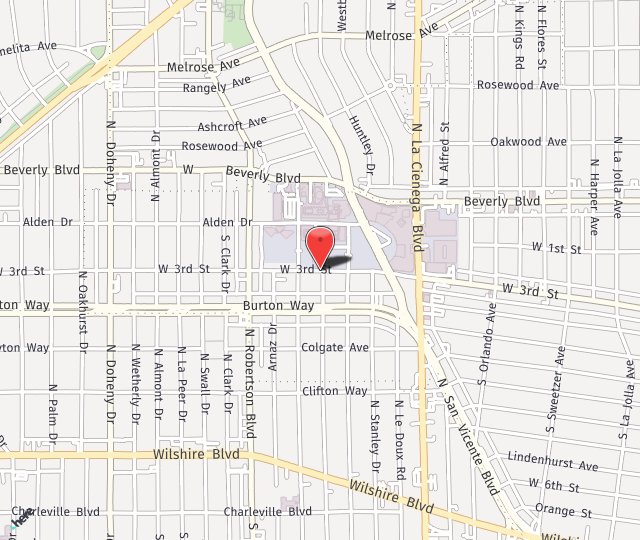Nerve Pain and Damage
- Posted on: Jan 15 2021
 Our nervous system is involved in everything our complex bodies do, from signaling and controlling our muscles to regulating breathing to sensing whether something is hot or cold.
Our nervous system is involved in everything our complex bodies do, from signaling and controlling our muscles to regulating breathing to sensing whether something is hot or cold.
That’s why it’s such a problem when we suffer nerve damage. Whether due to sustained compression in an area such as the spine or through various tight spaces such as the Carpal Tunnel, or after a traumatic injury, nerve damage isn’t something to leave alone assuming it will get better. That’s because, after a year or so, the nerve damage has a good chance of becoming permanent, and with that you’ll lose the ability to use the limb or other area serviced by the nerve.
Dr. Seruya treats nerve damage every day, both in adults and children. So, let’s use this first blog of the New Year to get into some basics of nerve damage and pain.
Types of nerves
We have three types of nerves:
- Autonomic nerves control the involuntary or partially voluntary activities of your body, things like your heart rate, blood pressure, digestion, and so on.
- Motor nerves controls your movements and actions by passing information from your brain and spinal cord to your muscles.
- Sensory nerves relay information from your skin and muscles back to your spinal cord and brain. This information is then processed to let you feel pain and other sensations.
How do you know you could have nerve damage?
Nerve damage displays different symptoms depending upon the location and the type of nerves involved. Here are different symptoms:
Autonomic nerve damage symptoms:
- Inability to sense chest pain
- Too much sweating or too little sweating
- Lightheadedness
- Dry eyes and mouth
- Constipation
- Bladder dysfunction
- Sexual dysfunction
Motor nerve damage symptoms:
- Weakness
- Muscle atrophy
- Twitching
- Paralysis
Sensory nerve damage symptoms:
- Pain
- Sensitivity
- Numbness
- Tingling or prickling
- Burning
- Problems with positional awareness
If you have any of the above symptoms, Dr. Seruya needs to see you at our offices in the Cedars-Sinai Medical Center. Call us at (310) 423-2129.
Posted in: Nerve Damage

